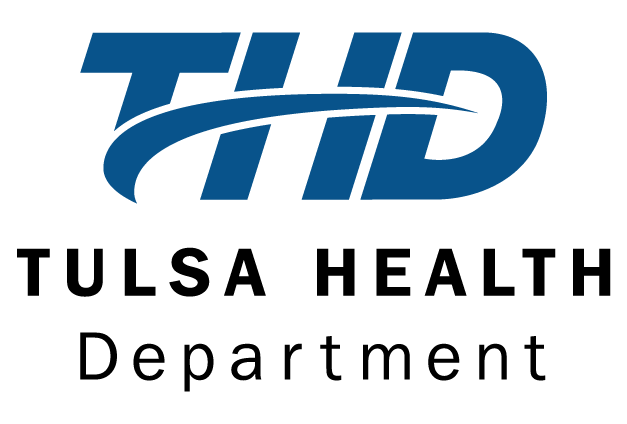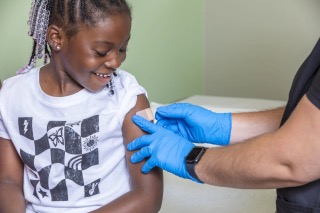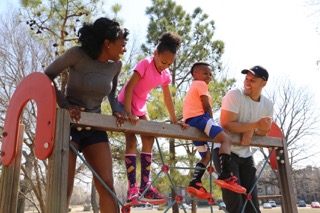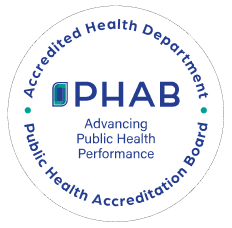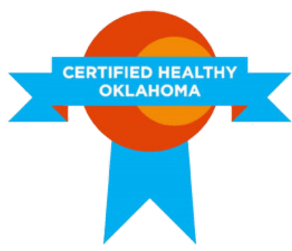The National Safety Council suggests the following cold weather safety tips to be better prepared at home and on the road:
• Have an additional way to get information in an emergency beyond television and radio, include a source like a hand-powered NOAA Weather Radio or smartphone app like the American Red Cross’ all-inclusive Emergency App for Apple and Android.
• Be prepared to shelter-in-place when weather conditions warrant. Items to add to your emergency supply kit for winter storms includes additional non-perishable food and water for one or two weeks, extra blankets, coats, gloves, winter hats, and water-resistant boots. Be mindful of any medication or medical supplies that may be needed.
• Safely use alternate heating sources. Give space heaters their space. Keep combustible material at least three feet away from the heater. Remove any combustibles from central heater closets.
• Keep your cellphone charged.
• If you must travel, plan your route carefully. Avoid hills, elevated overpasses and bridges. Use extra caution if you must drive. Know what you would do if your vehicle slides off the road and who to contact for assistance.
• Clear snow and ice from your vehicle before setting out.
• Remember that posted speed limits are only to be followed during ideal weather conditions.
• Steer and brake more slowly than usual while driving on snow and ice. Proceed carefully through intersections. Keep at least a three-car distance from the car in front of you.
• Maintain your car in good operating condition (e.g., battery, brakes, tires, windshield wiper blades/fluid, etc.). However, if your car experiences mechanical trouble, try not to panic. Instead, work your vehicle into the right lane and then toward the shoulder or, if possible, toward an exit.
